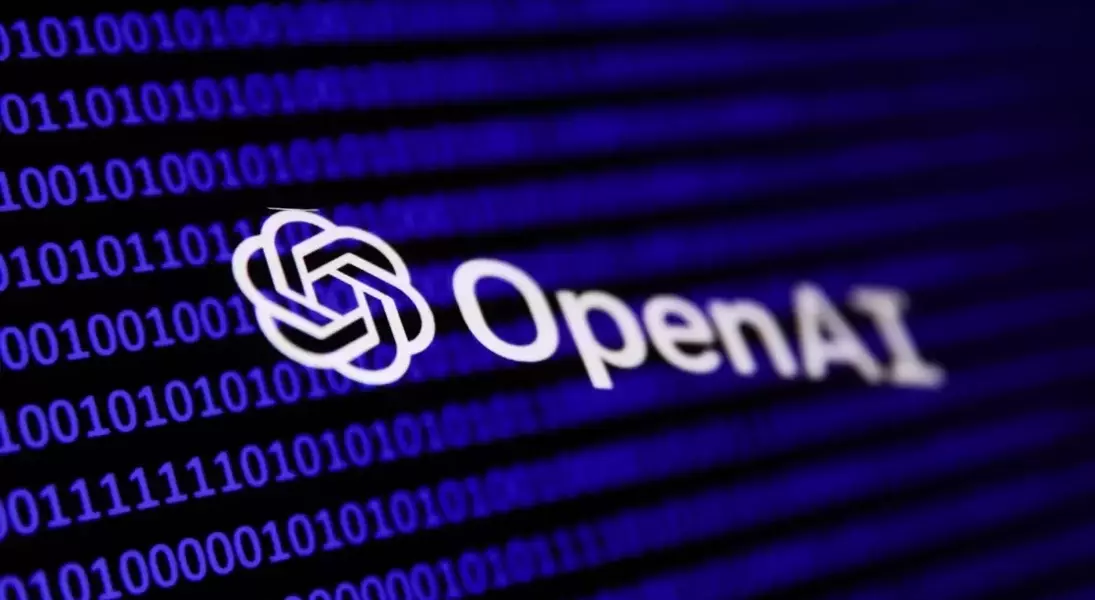
On Friday, OpenAI introduced its latest innovation, the o3-mini reasoning model. This development comes at a critical juncture for the company, as it faces increasing competition from Chinese firms like DeepSeek and seeks to solidify its position in the global AI market. The o3-mini is positioned as both powerful and affordable, offering enhanced accuracy and efficiency in technical domains such as programming, mathematics, and science. It will be available via ChatGPT and OpenAI's API, with premium users enjoying higher query limits and faster response times. Despite some limitations, o3-mini represents a significant step toward making advanced AI more accessible.
The launch of o3-mini marks an important milestone for OpenAI, especially given the company's recent challenges. Amidst allegations of intellectual property theft by competitors and efforts to strengthen ties with Washington, OpenAI has been working diligently to maintain its edge. The new model is designed to provide precise answers to complex questions, particularly in STEM fields, while being significantly more cost-effective than previous versions. External testers have shown a preference for o3-mini's responses over those of its predecessor, o1-mini, and it has demonstrated fewer major errors in testing scenarios.
In addition to its performance improvements, o3-mini offers flexibility in terms of reasoning effort. Users can choose between low, medium, and high levels of reasoning effort, allowing them to balance speed and accuracy according to their needs. For instance, premium subscribers to ChatGPT Plus and Team plans will have access to higher query limits, while Pro subscribers will enjoy unlimited usage. Free users can also engage with o3-mini through a dedicated "Reason" button or by regenerating answers within the chat interface.
OpenAI has taken steps to ensure that o3-mini remains competitive in pricing. At $1.10 per million cached input tokens and $4.40 per million output tokens, it is 63% cheaper than the o1-mini model. This pricing strategy aims to attract developers and enterprises looking for cost-effective solutions without compromising on performance. Although o3-mini may not surpass all benchmarks set by competitors like DeepSeek's R1, it excels in specific areas such as the AIME 2024 test and SWE-bench Verified, particularly when set to high reasoning effort.
Beyond its technical capabilities, OpenAI emphasizes the safety and reliability of o3-mini. Through rigorous red-teaming exercises and deliberative alignment methods, the model has been optimized to adhere to safety policies during user interactions. OpenAI claims that o3-mini performs exceptionally well in challenging safety evaluations, even outperforming GPT-4o, one of its flagship models. As the company continues to push the boundaries of AI, the introduction of o3-mini underscores its commitment to delivering intelligent, secure, and efficient solutions.
The release of o3-mini signifies OpenAI's ongoing dedication to advancing AI technology. By providing a specialized tool tailored for technical domains, the company aims to cater to a broader audience while maintaining affordability. As OpenAI integrates search functionality into its reasoning models, users can expect more accurate and up-to-date responses. With these enhancements, OpenAI positions itself to remain a leader in the rapidly evolving field of artificial intelligence.
